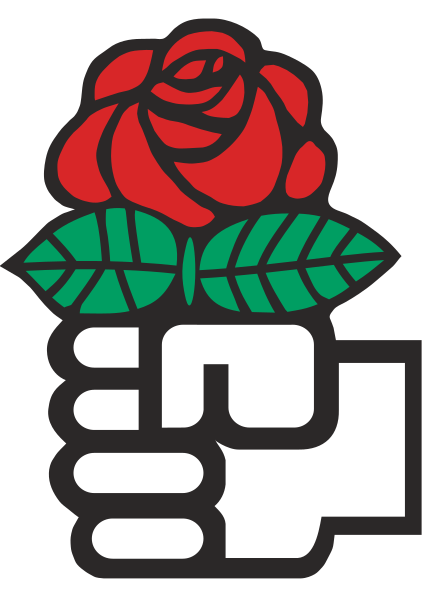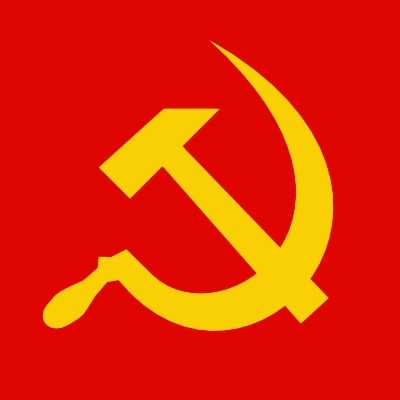
Capitalism usually refers to an economic & social ideology “in which investment in & ownership of the means of production, distribution, & exchange of wealth is made & maintained chiefly by private individuals or corporations.” In other words, you earned it, you keep it. “Labor, goods, & capital are traded in a market; profits are distributed to owners or invested in new technologies & industries; & wages are paid to labor.”
“Economists usually put emphasis on the market mechanism, degree of government control over markets (laissez faire), & property rights, while most political economists emphasize private property, power relations, wage labor, & class.”
Support:
- Economic growth: increase in GDP (Gross Domestic Product), improved standards of living (better availability of food, housing, clothing, & health care), decreased number of elderly & children in the work force & a decreased number of hours worked per week, increased opportunities for people to rise above their current conditions
- Political freedom: “transactions in a market economy are voluntary, & the wide diversity that voluntary activity permits is a fundamental threat to repressive political leaders & greatly diminish power to coerce.”
- Self-organization: Friedrich Hayek described self-organization thusly, “From transactions between buyers & sellers price systems emerge, & serve as a signal as to the urgent & unfilled wants of people. The promise of profits gives entrepreneurs incentive to use their knowledge & resources to satisfy those wants. Thus the activities of millions of people, each seeking his own interest, are coordinated.”
- Moral imperative: Ayn Rand said that a laissez-faire capitalism “allows people to be free to act in their rational self-interest.”
Criticisms:
- Religious criticism & opposition: Jews, Christians, & Muslims have been critical as to this form of economy leading to greed & selfishness
- Tendency toward oligopoly & monopoly: many critics have associated capitalism with an unfair distribution of wealthy, cultural exploitation, & repression of workers
- Environmental destruction: “Environmentalists have argued that capitalism requires continual economic growth, & will inevitably deplete the finite natural resources of the earth, & other broadly utilized resources.”



